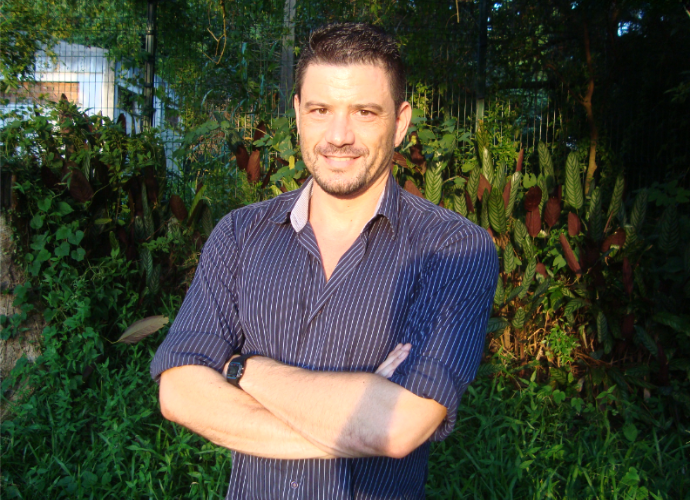
Juan Manuel Real-Espinosa
Thesis Working Title: Apps and Second Language Acquisition: a qualitative research on the contribution of apps for learning Spanish as a Foreign Language
Supervisor: Associate Professor Rosario Hernández
Biography:
JUAN MANUEL REAL-ESPINOSA is Assistant Lecturer in Spanish at the Sligo Institute of Technology. He has a BA in Hispanic Linguistics and Literature from the University of Seville, Spain, and an MA in Teaching Spanish as a Foreign Language from the University of La Rioja, Spain. Currently he is in his third year of the Ph.D. programme in Languages, Cultures and Linguistics, at UCD. Previously, he developed his teaching career as a Spanish teacher at the Instituto Cervantes in Istanbul, Cairo, and Dublin, at Fatih University in Istanbul and at University College Dublin. He was Head of the academic department of Instituto Cervantes in Porto Alegre from 2009 to 2016. He lectures on several Master’s programs for teaching Spanish as a Foreign Language and in the last fifteen years he has collaborated on different teacher training programs across Europe, America and Asia. His research interests include Mobile Assisted Language Learning, Second Language Acquisition, Teaching Grammar in Second Language Acquisition, Cognitive Linguistics, Cultural Factors in Second Language Learning, History of Spanish Language and History of Spanish Literature.
Thesis Summary:
The aim of Real-Espinosa’s PhD thesis study is to examine the perception that Spanish language teaching professionals have of the contribution of Apps to the development of communicative competence in Spanish, within the framework of the contemporary conceptualization of the language learner as a social agent, as outlined by the Common European Framework of Reference for Languages, and published by the Council of Europe. His research involves an investigation into several aspects related to app learning design: the learning path (or paths) that the app offers the user; what are the approaches underpinning their design; how has the selection and structuring of the app contents been constructed; to what extent is the practice oriented to promotion of learner agency through linguistic real-life tasks solving, development of intercultural skills and strategies for learning; and how the affordances of m-learning have been exploited (Connectivity, Flexibility, Context sensitivity, customization of learning experience and social interactivity).